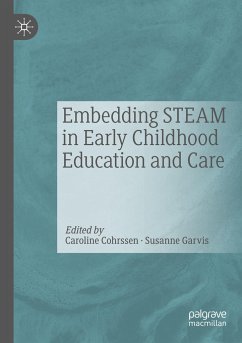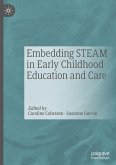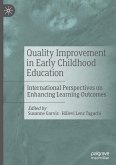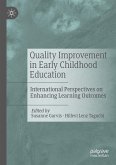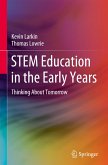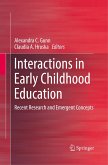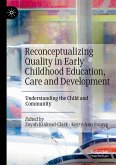This book approaches STEAM (Science, Technology, Engineering, the Arts and Mathematics) in early childhood education from multiple angles. It focuses on the teaching and learning of children from two years of age to the early years of school. Proponents of STEAM describe how it can create opportunities for children to learn creatively, and various chapter authors make strong connections between discipline areas within the context of an informal curriculum. Others advocate for an integrated STEM, rather than STEAM, approach. With a light touch on theory and a focus on how to embed STE(A)M in an integrated early childhood curriculum, the editors and contributors examine the STEAM versus STEM question from multiple angles. The chapters provide helpful frameworks for parents, teachers and higher education institutions, and make practical suggestions of ways to support young children's inquiry learning. Drawing on pedagogy and research from around the world, this book will be of interest toscholars of STEAM education, early childhood educators, students of early childhood education and parents of young children.
Bitte wählen Sie Ihr Anliegen aus.
Rechnungen
Retourenschein anfordern
Bestellstatus
Storno

